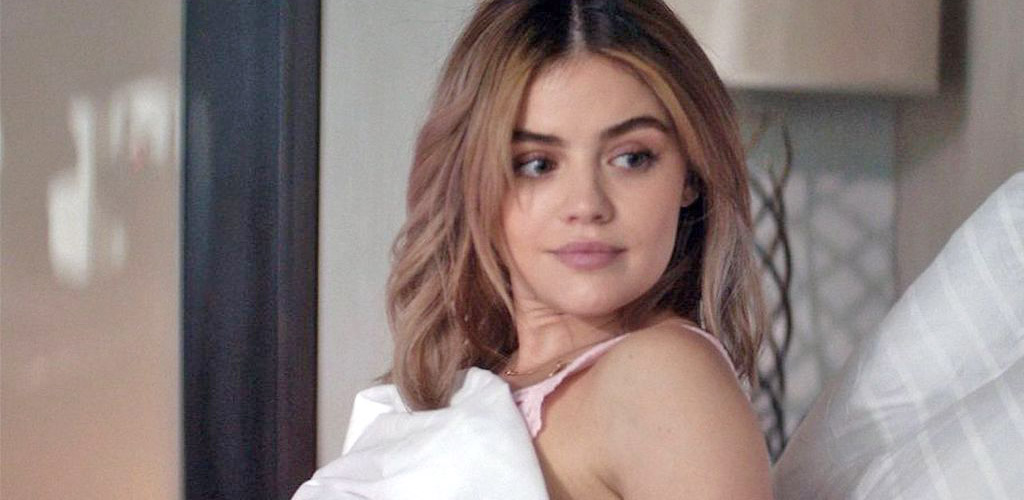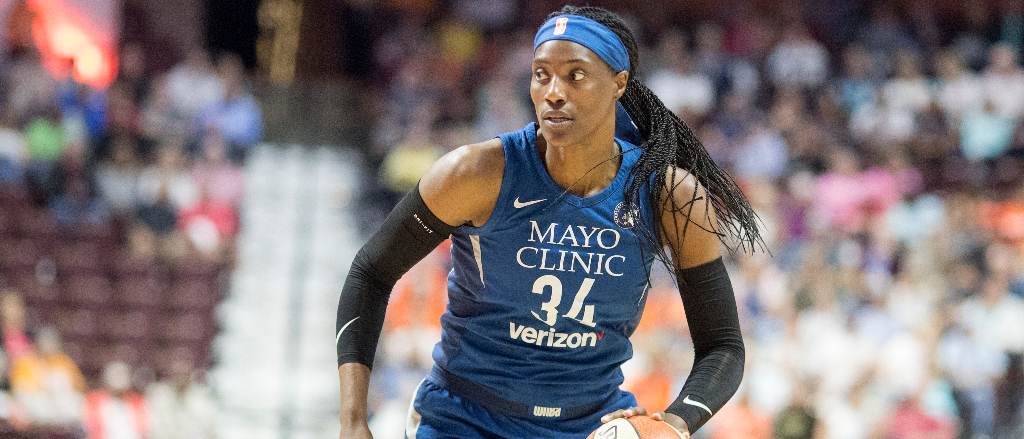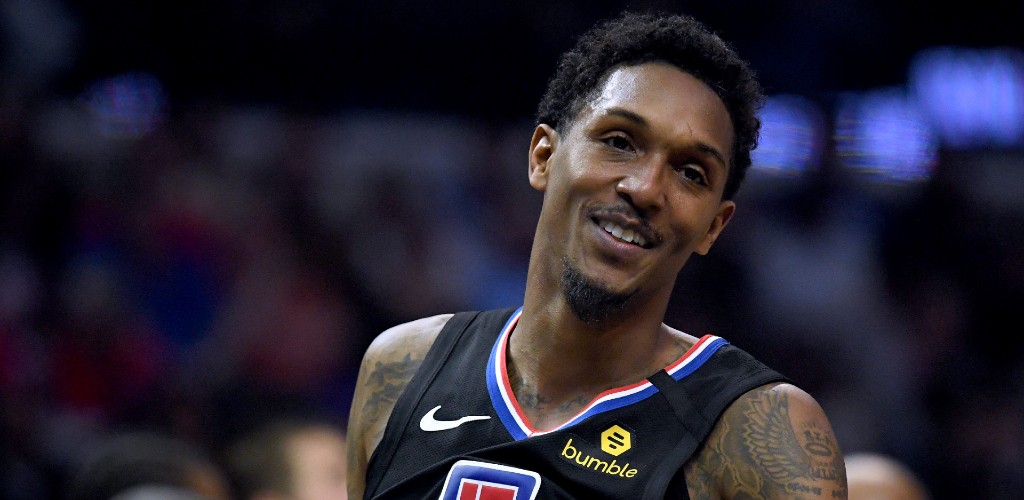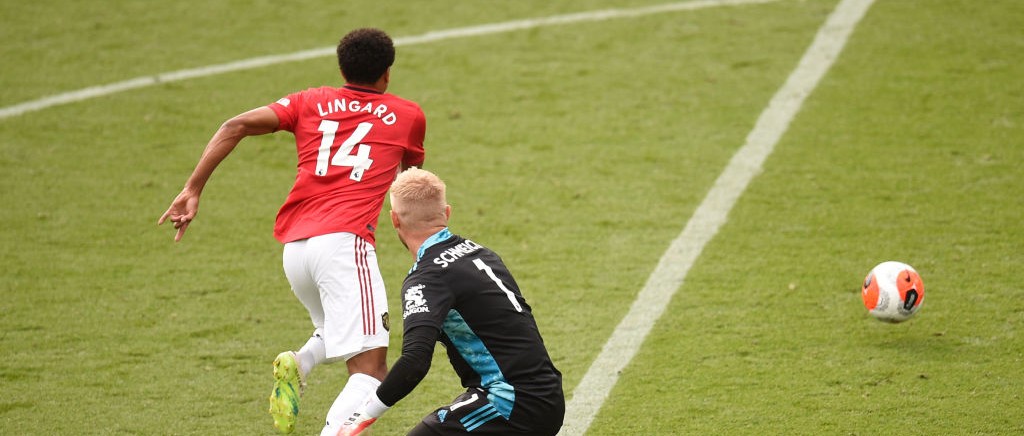
Manchester United faced off with Leicester City on Sunday on the final day of the Premier League season with a spot in the Champions League on the line. United needed only a draw to stay in fourth place and above Leicester, desperate for a win to make it to Europe’s top club competition.
United would get more than just a result, as they picked up a 2-0 win to finish the season in style and secure their place in the Champions League. However, the talk of the soccer world was not about the result, but how that final goal was gotten — and what it meant to one bettor who had a very small wager on a prop that paid 41-1.
Jesse Lingard, who spoke recently about his off-field struggles that have contributed to his on-field woes this season, entered the game having contributed no points this season. That meant in 37 games, he had not logged an assist or a goal, which was very good for a bettor in the UK who had a 41-1 longshot bet that he would finish the entire season scoreless and assist-less.
Lingard making me sweat tonight. 36 down, 2 to go. @JesseLingard pic.twitter.com/6BEBxBdSG6
— Antony Johnson (@Fat_Tony88) July 16, 2020
That bet was a tremendous one all the way up until the eighth minute of stoppage time on Sunday — in a game that should’ve only had five minutes of stoppage time but saw a red card that carried over a few more minutes. It was then that Leicester City’s keeper made the mind-numbing decision to try and cut back with the ball at the top of his box in the face of pressure from none other than Jesse Lingard, who picked his pocket and calmly slid the ball into the back of the net.
A Jesse Lingard goal to SEAL IT!
Man United are going to the Champions League.
pic.twitter.com/zxyvro0D49
— #MyPLSummer (@NBCSportsSoccer) July 26, 2020
For Lingard, it’s a great way to cap off an otherwise horrific season, while for the bettor it is the opposite.
Sure, it’s just a three pound bet, but my stars this is one of the worst things I’ve ever seen in the world of bad beats. Making it until the eighth minute of stoppage time in the 38th game of the season on a season-long NO bet is unfathomable, but to have it taken away on this, an absolute howler by the goalie, is truly despicable stuff. The good news is, the bettor took it all in stride (again, it helps that it was a three pound flyer of a bet).
— Antony Johnson (@Fat_Tony88) July 26, 2020
Should never have doubted the true king. Top trolling by @JesseLingard pic.twitter.com/4JGevs1MVW
— Antony Johnson (@Fat_Tony88) July 26, 2020
There really is nothing like sweating a ridiculous prop bet that somehow gets close to cashing, and for this poor gent, he had it stripped away in arguably the worst possible manner. However, the folks at Paddy Power (for whom this viral tweet was providing tremendous marketing for) decided to pay the man his 135 pounds as winnings despite Lingard’s late goal.
Tough beat. We’ll be paying this one out as a winner.
Have a fizzy drink on us. pic.twitter.com/AzplA0V7L7
— Paddy Power (@paddypower) July 26, 2020
In the end, it turned out to be a happy ending for everyone involved — but please do not expect your local establishment to be so forgiving should you catch yourself on the end of a horrendous beat.


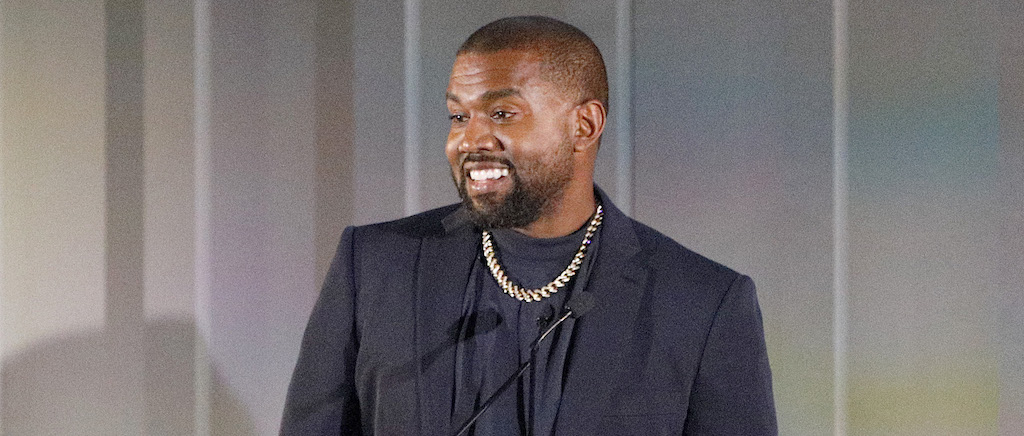
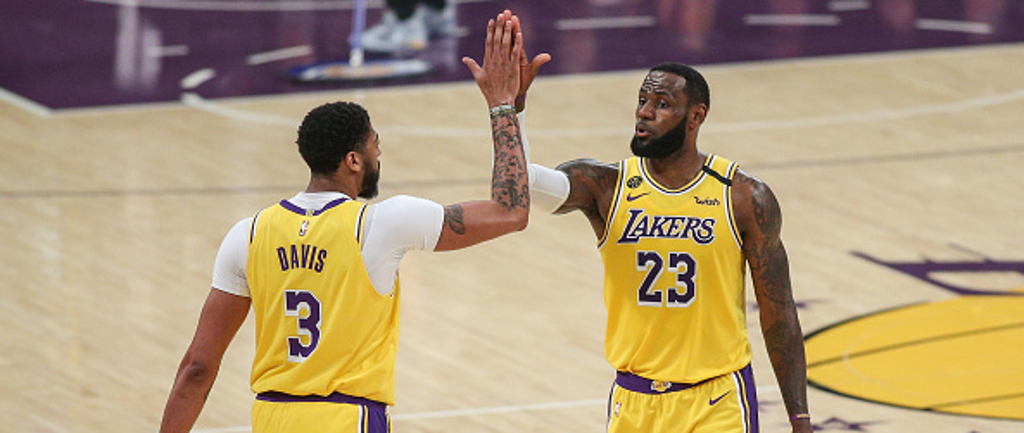
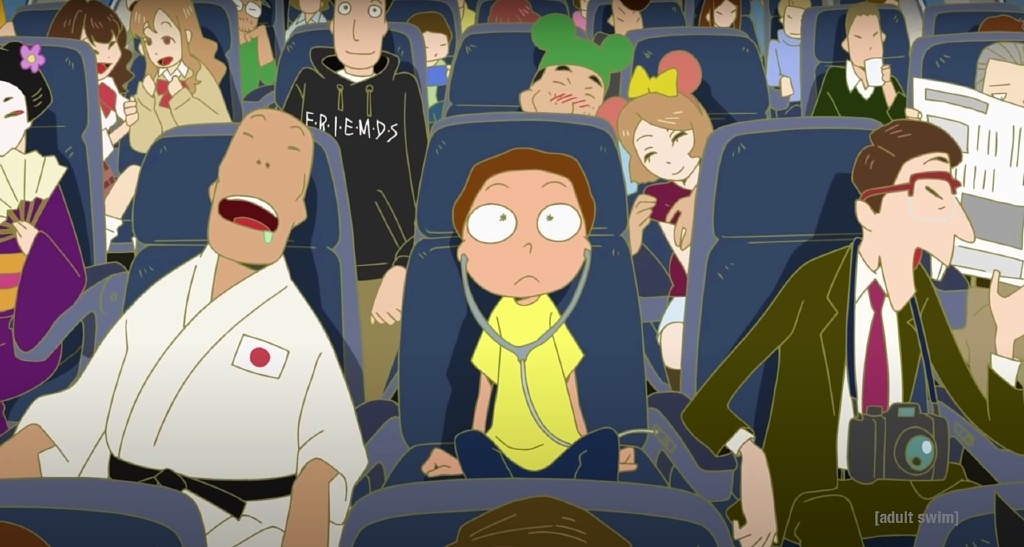
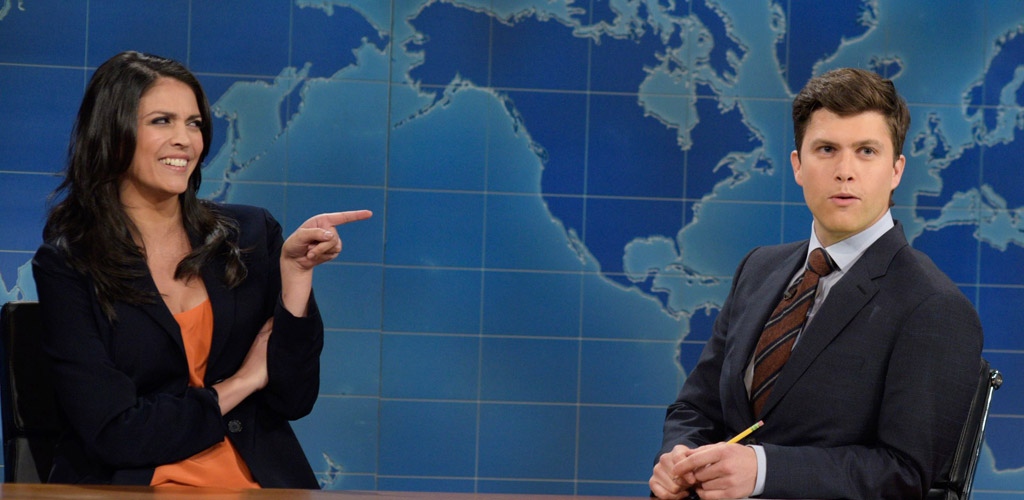
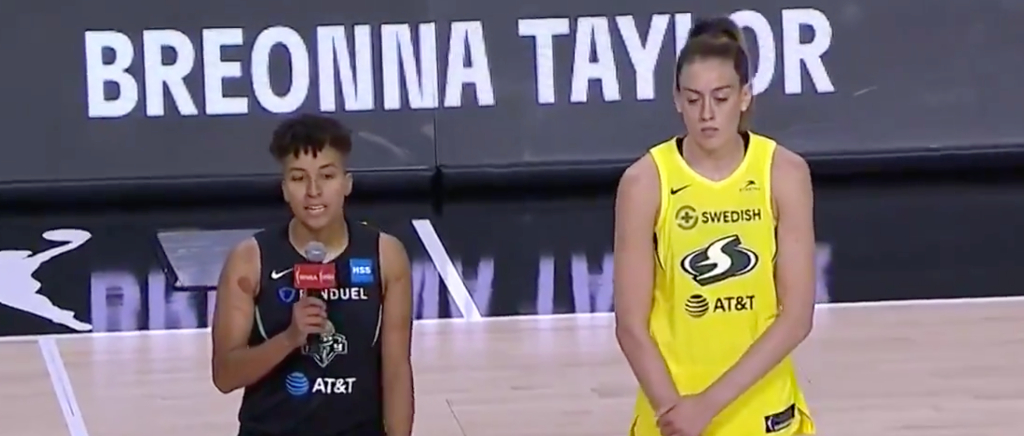


 The best of Myisha Hines-Allen in the
The best of Myisha Hines-Allen in the 